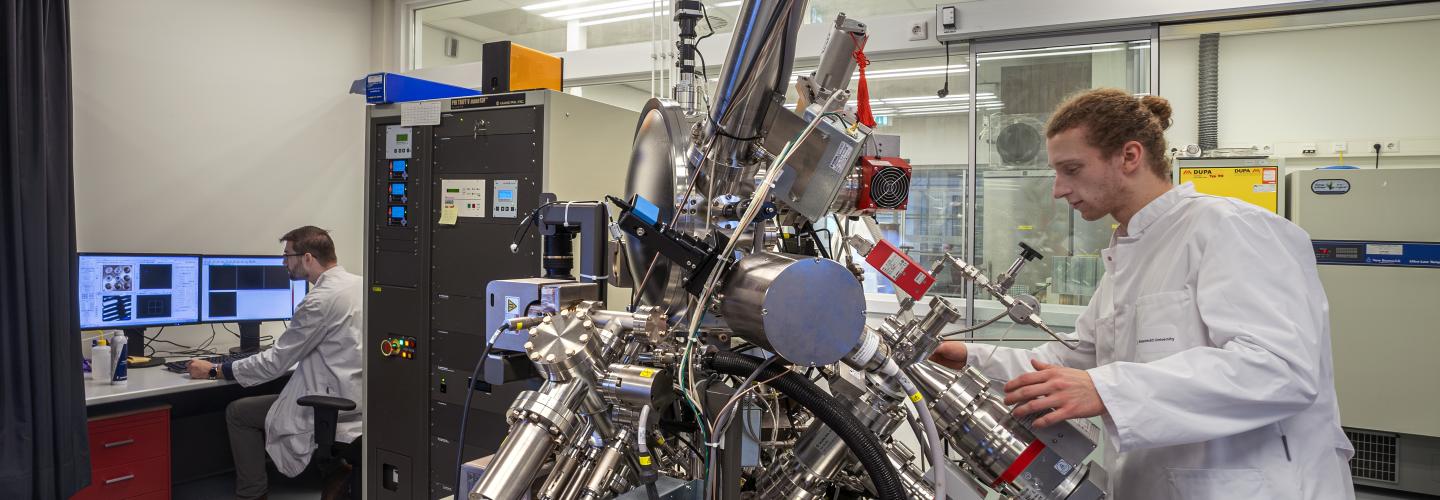Your future
The MSc Imaging Engineering prepares you to take on an expert role in the growing field of imaging engineering. The multi-disciplinary nature of the programme provides you with a solid scientific basis in engineering, physics, mathematics, (bio)chemistry, artificial intelligence and data science in relation to Imaging Engineering. Moreover, your specialisation choice provides you with in-depth knowledge in either Instrumentation Imaging Engineering, Molecular Imaging Engineering, or AI and Data Science in Imaging Engineering. Your selection of electives will further allow you to connect disciplines and gain very relevant technical and soft skills.
Therefore, you’ll be ready to pursue a career in a wide variety of fields where imaging instruments and technology play a key role, such as medicine, biotechnology and the electronics industry. You’re able to not only use imaging as a tool in numerous scientific fields, but you also have the knowledge and skills to design innovative imaging strategies for a wide array of industrial applications.
This expertise is not only highly sought after but also relevant for a wide range of engineering careers in:
- Any company focused on manufacturing imaging instruments or analytical technologies (e.g., sensors, semiconductors) that need a (design or quality) engineer, imaging technologist, or imaging analyst in their Research and Development (R&D) departments.
- Small and medium enterprises (SME) that focus on innovative product, technology, or process development, especially related to imaging instruments and techniques or detection strategies.
- Companies involved in the production of materials or (bio)molecules for imaging, for example, molecular probes, derivation, or imaging reagents.
- Chemical industry or engineering companies that design (parts of) chemical processes or equipment.
- Consultancy firms that focus on materials evaluation, imaging innovations, or novel applications of imaging technologies, such as in robotics
- Healthcare providers, such as hospitals, that offer imaging services for diagnostic and clinical applications.
Are MSc Imaging Engineering graduates in high demand?
Graduates from this master's programme are key to the continued success and evolution of the imaging field as a whole. The demand for imaging engineers is high and is likely to only increase, mostly due to a shortage of qualified graduates.
With your knowledge of imaging engineering, you’re able to become a professional in a variety of fields. In addition to starting your career as a professional in the industry, you are also able to pursue a career in the research field, for example, by obtaining a PhD and becoming a professor or joining an academic group or institute as a research assistant or technician. You will also have enough qualifications to set up your own company and become an entrepreneur.
Summer 2024: the first Imaging Engineering master's students graduated.

